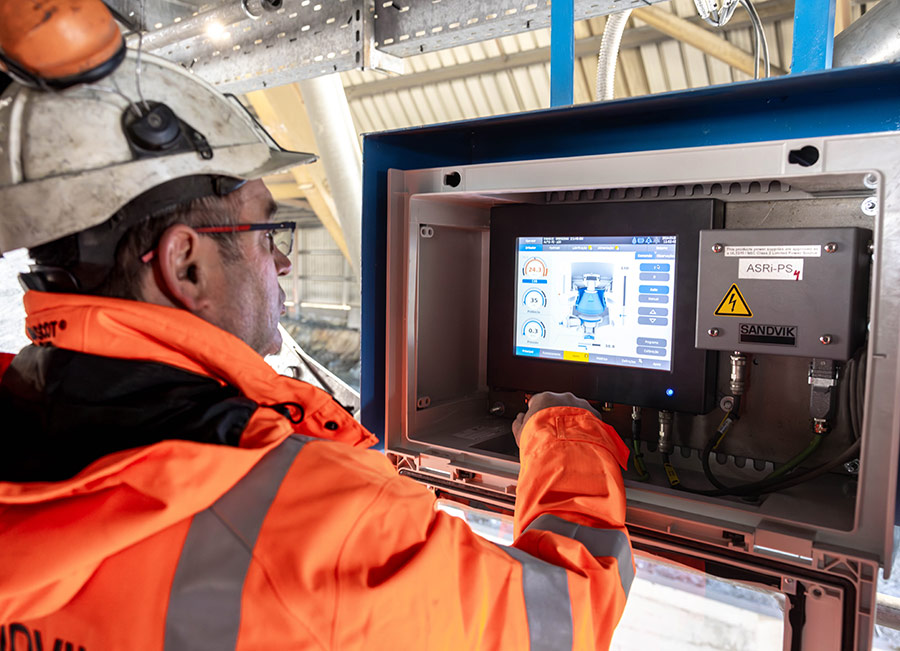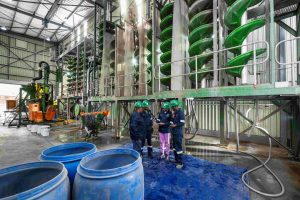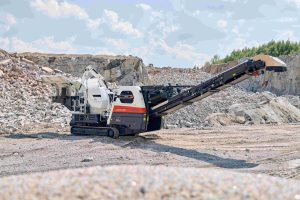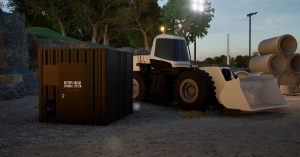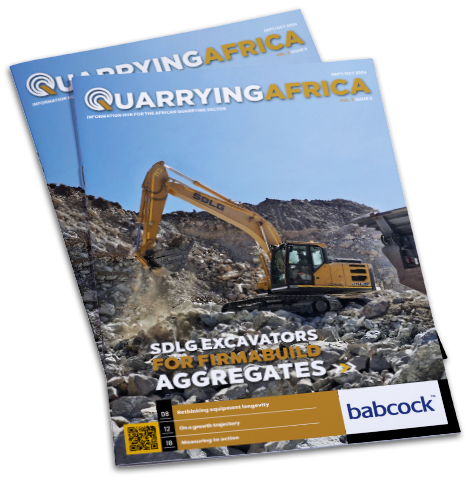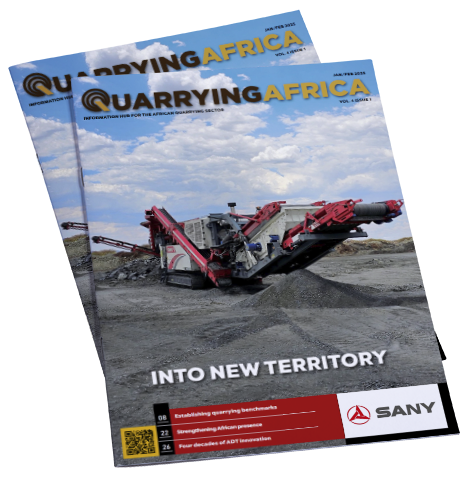As quarries and mines seek to optimise their operations and ensure continuous improvement, remote monitoring of crushing data is becoming a crucial element of day-to-day procedures. To meet this growing need, Sandvik Rock Processing is for the first time piloting its RMS in Africa.
Nils-Peter Ahlqvist, Sales Support Manager Africa & Latin America – Crushing Division at Sandvik Rock Processing, tells Quarrying Africa that the trial regime in Africa follows hard on the heels of successful pilot projects in other regions of the world. In fact, there are already a few customers who are running it on a commercial basis elsewhere in the world.
While RMS is new to the crushing business, explains Ahlqvist, it is an established technology in underground mining, where sister company, Sandvik Mining and Rock Solutions has deployed it for many years, including southern Africa. This provides ample lessons and reference points for Sandvik Rock Processing as it rolls out the technology for the first time.
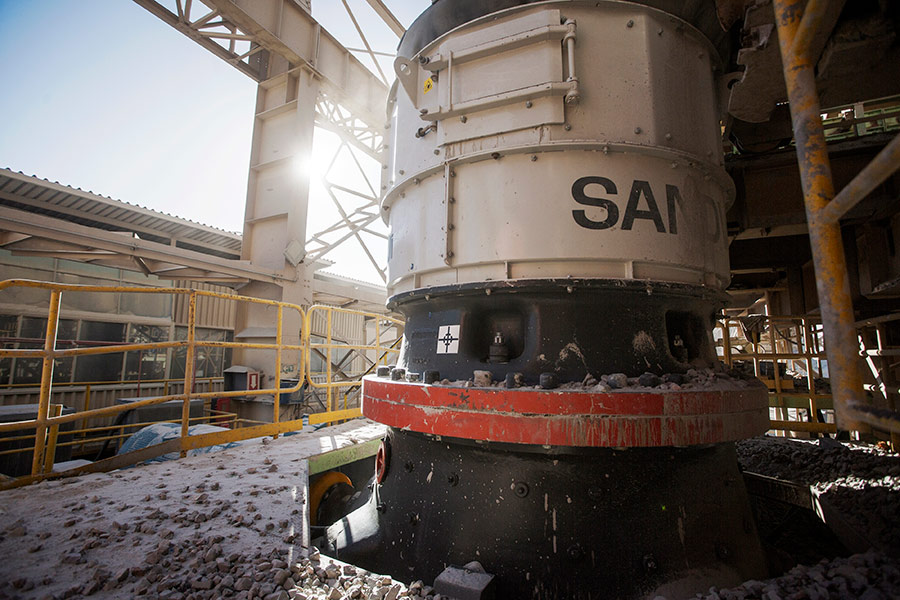
System in detail
RMS is a new set of advanced digital services. The system is designed to translate vast amounts of data acquired from Sandvik crushers into actionable recommendations, thus reducing operating costs and boosting productivity and sustainability. RMS, explains Ahlqvist, is the latest addition to Sandvik Rock Processing’s suite of digital technologies, joining the Automation and Connectivity System (ACS) and SAM by Sandvik cloud-based digital assistant.
ACS is a platform that delivers real-time performance management, enabling operators to monitor and optimise crusher performance and productivity. SAM by Sandvik collects information from all connected Sandvik equipment to provide a complete overview of the entire operation. Customers can look at the status of their connected equipment, communicate across teams, view alerts and notifications, proactively order spare parts, and much more.
“With RMS, we are bringing to market a next-level digital solution that complements our existing ACS and SAM by Sandvik solutions. The ACS is where the data originates from, before it is fed into SAM. With RMS, both customers and Sandvik experts can now access crushing performance data and alerts in SAM from anywhere in the world. This represents a new leg in our digital revolution,” says Ahlqvist.
“That, combined with our expertise in comminution, allows us to offer customers next-level support through real-time monitoring of equipment and help with proactive recommendations to improve cost optimisation, equipment utilisation and driving more productive operations,” he adds.
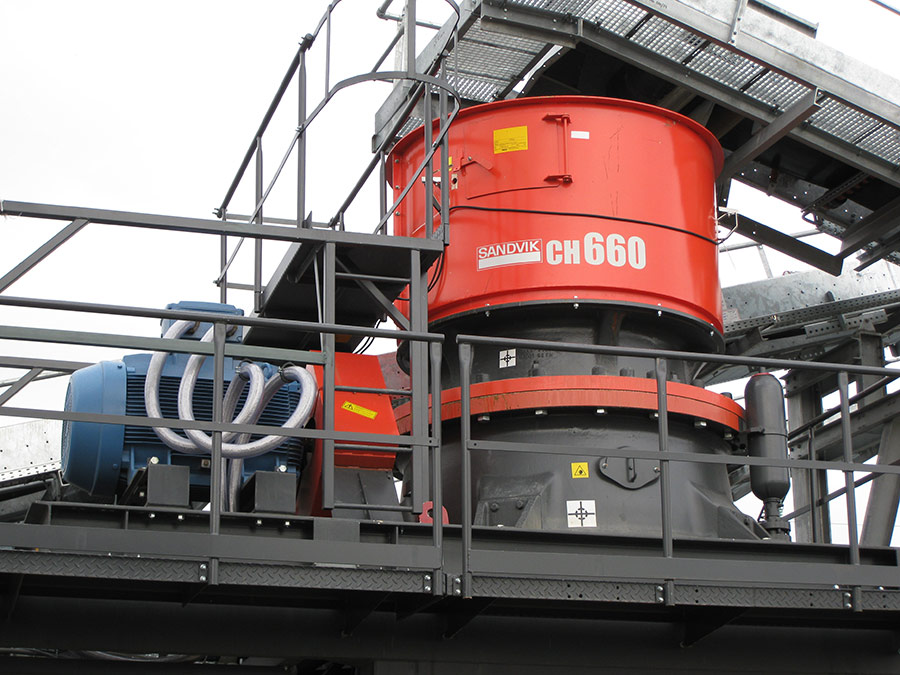
Benefits abound
RMS utilises a data-driven study of abnormal behaviour in terms of both crusher performance and health to generate tangible remedial action informed by data. In essence, Sandvik experts continuously monitor and analyse crushing data remotely. They can identify root causes for any alerts or abnormalities reported by the system and then develop actionable recommendations before catastrophic failures occur.
“RMS is taking proactive maintenance to another level by using data acquired from the equipment, merging it with Sandvik Rock Processing’s technical expertise, a vast global pool of reference data and in-depth analytical skills to produce actionable recommendations for continuous improvement of mining operations,” says Ahlqvist. “In addition, it presents a daily overview of the crushing fleet, including effective operating hours, energy efficiency, location of equipment, alarms and parameter changes. We also provide customers with a monthly report of what happened and what needs to be done in the future to avoid previous abnormalities the system would have picked up.”
Through RMS alerts, Sandvik Rock Processing was recently able to make actionable recommendations to avoid a potential catastrophic crusher failure for a customer. “Having received non-stop alerts via RMS, our technicians advised the customer to stop the crusher immediately. Upon inspection, it was discovered that the crusher was about to burn a bush, which would have caused a lot more damage to the crusher itself. This allowed the client to only replace a minor part of the crusher, instead of a possible major overhaul as a result of a catastrophic failure,” says Ahlqvist.
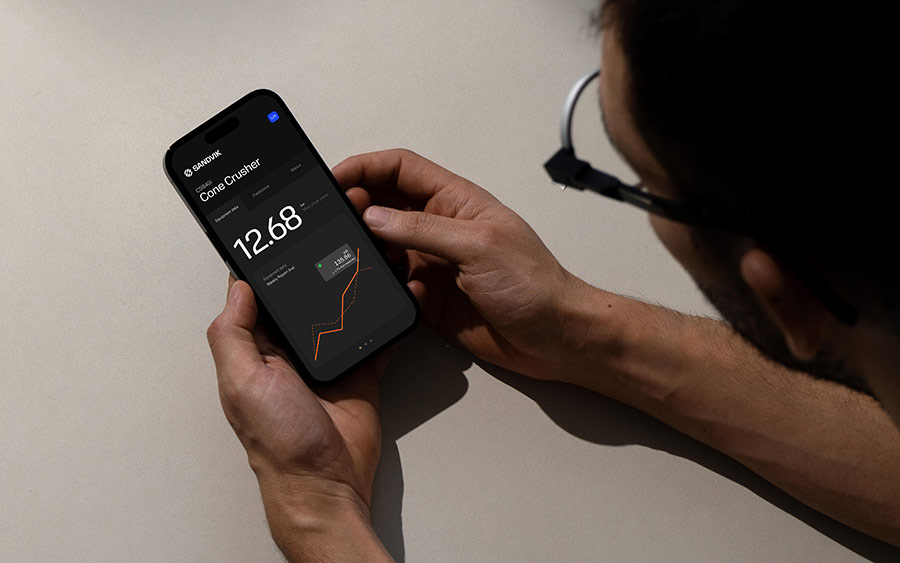
With RMS, mines can expect increased efficiency within their operations. Continuous analysis of real-time data round-the-clock helps operations get the most out of their equipment, minimising downtime and maximising uptime. Higher uptime translates into higher machine utilisation, which in turn reduces cost per hour.
In addition, the data gathered on crusher performance makes optimisation easier with the ultimate goal of enhancing business performance. The alerts, available 24/7, also help to reduce high wearing of crusher components, which is detrimental to material consistency and has negative cost implications.
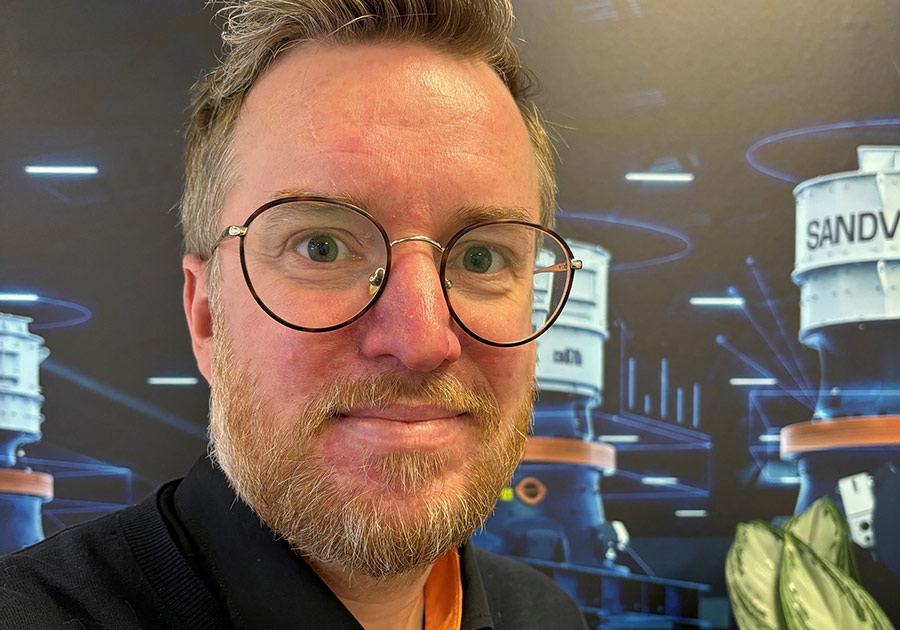
With RMS, customers can monitor, analyse and optimise energy consumption to reduce waste and maximise efficiency. Running efficient operations also results in lower carbon emissions. This is particularly important in mining, where stakeholders not only pay attention to the profitability of a mining operation, but also expect clear results in decarbonisation and sustainability at large. RMS therefore helps customers achieve larger tonnage output with fewer emissions, while extending the life of the equipment and its components.
“With RMS, mines can also expect improved safety, a crucial parameter for an industry that is driving for Zero-Harm. The technology allows operators and technicians to monitor crushing equipment from the comfort of an office on the mine or even at the head office, thus taking them out of harm’s way. Having less people in the process plant reduces the risk of safety incidents,” concludes Ahlqvist.
